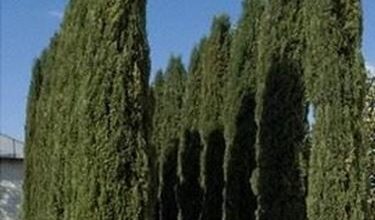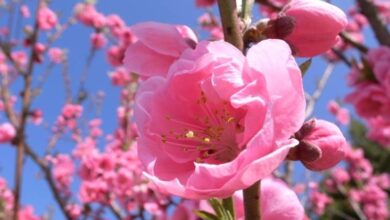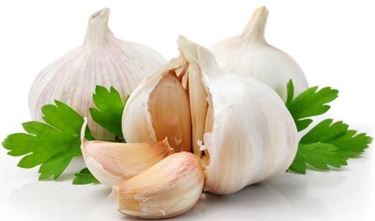Mallow decoction
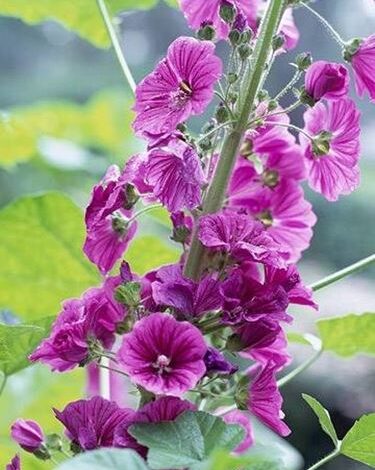
The benefits of mallow
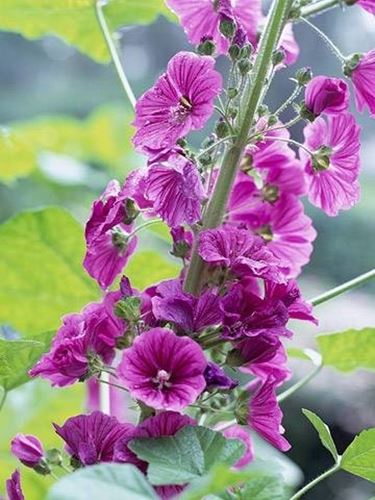
Preparation of the decoction
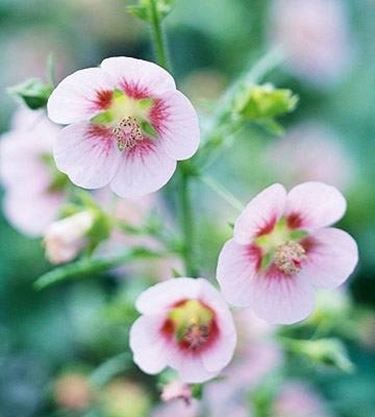
Depending on the needs and requirements for which one turns to mallow, it will be necessary to vary the recipe: to have a mild analgesic effect, the roots will also be used, while for ailments such as stomatitis and sore throat or mouth infections will be preferred the flowers and leaves, without adding roots. Preparing the decoction is very simple: it will be sufficient to boil thirty grams of mallow leaves and flowers in about a liter of water for three minutes, after which the product can be filtered and drunk. Depending on the purposes for which the mallow decoction is taken, it is also possible to add parts of roots to it, always in the boiling phase and before filtering. If, on the other hand, gauze is soaked with the preparation thus obtained, the remedy will be excellent for soothing pain and inflammation due, for example, to abscesses. For gargling with a specific purpose, the flowers, dried or fresh, can be left to boil for a few more minutes, to be sure that the decoction is imbued with the important beneficial properties of mallow.
Collection and conservation
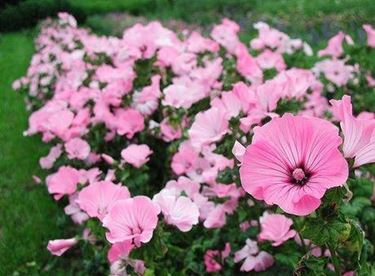
The decoction of mallowit can be made both starting from fresh flowers and starting from dry ones: in the second case the properties will be better preserved and therefore the decoction could be, for the same quantity, more effective, but in the winter period it is not possible to resort to fresh flowers and it is therefore necessary to opt for dry ones, which in any case do not completely lose their effectiveness and, on the contrary, are in any case very useful remedies even for the ills of the winter season. The mallow decoction can be made starting from the areas and adding to them also some radical parts: the leaves should be collected preferably in the morning, after the dew has dried, complete with a petiole, which retains large quantities of active ingredient. The ideal period is summer, while for the flowers we recommend the collection of buds, before they bloom and fully open. The ideal months for harvesting are those of June and July. The twigs, roots and leaves can be stored in thin layers inside canvas bags, while for the flowers we recommend arranging them in glass jars, away from light.
Mallow decoction: Assumption
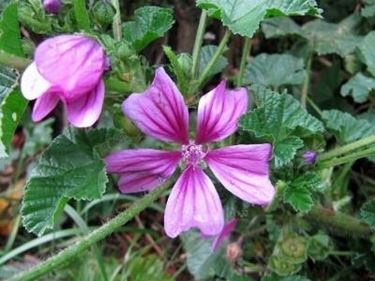
The mallow decoction can be prepared in a very simple way even independently, starting from the collection of the flowers: the operation is simple and quick and therefore the decoction is an excellent remedy that can be used independently without being a real medicine , but which still allows immediate benefits and advantages. For this reason, its diffusion also in the home environment is remarkable, also linked to the ease of availability of this plant which is also found as spontaneous vegetation and is very widespread. The decoction can be taken for even prolonged periods of time, to alleviate the symptoms and therefore as long as they are present: a daily intake is recommended, for example after one of the main meals, while for any compresses the frequency can also be greater, for reduce the inflammation of abscesses or other annoying and painful ongoing inflammations. Mallow is in fact useful not only to counteract the inflammation itself, but also to mitigate pain, perhaps while waiting to be able to intervene medically. Excluding specific allergies to the active ingredients of mallow, there are no particular contraindications regarding the intake of the mallow decoction, but attention must be paid to any interaction with medicines: the use of mucilage, in particular, in the decoction can in fact make it more difficult to absorb the active ingredients of drugs and therefore invalidate any therapy in progress. but also to mitigate pain, perhaps while waiting to be able to intervene medically. Excluding specific allergies to the active ingredients of mallow, there are no particular contraindications regarding the intake of the mallow decoction, but attention must be paid to any interaction with medicines: the use of mucilage, in particular, in the decoction can in fact make it more difficult to absorb the active ingredients of drugs and therefore invalidate any therapy in progress. but also to mitigate pain, perhaps while waiting to be able to intervene medically. Excluding specific allergies to the active ingredients of mallow, there are no particular contraindications regarding the intake of the mallow decoction, but attention must be paid to any interaction with medicines: the use of mucilage, in particular, in the decoction can in fact make it more difficult to absorb the active ingredients of drugs and therefore invalidate any therapy in progress.


